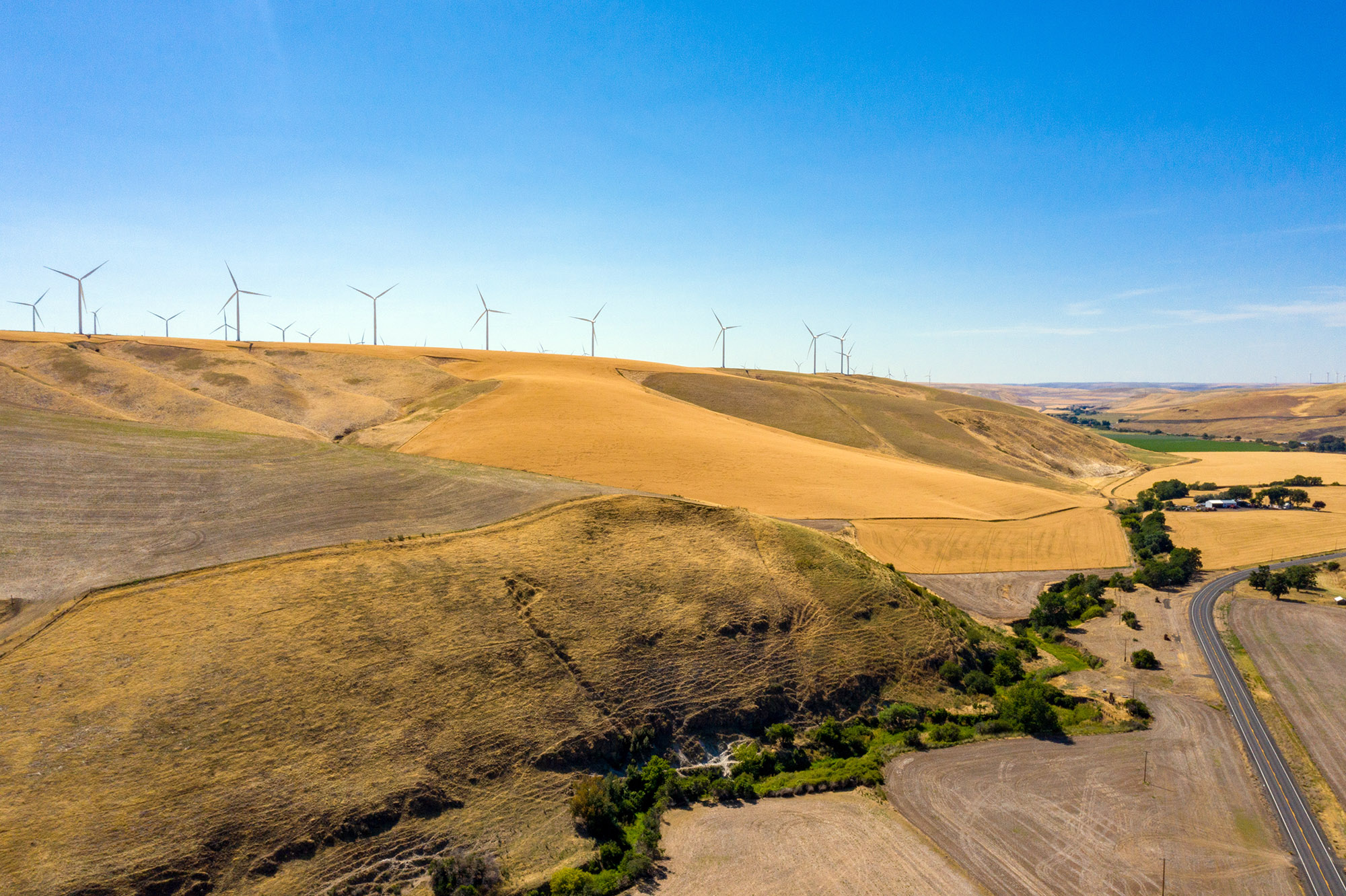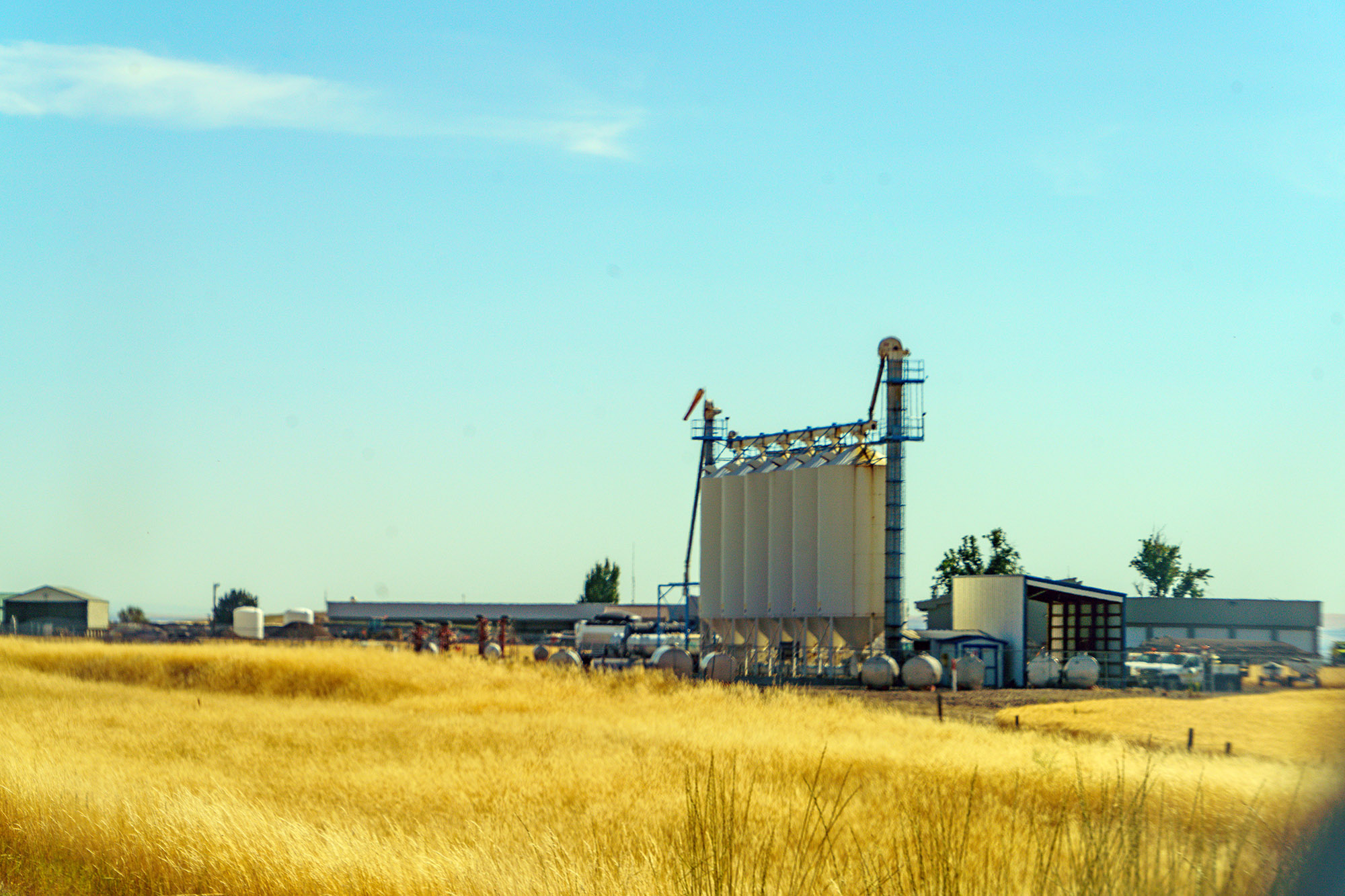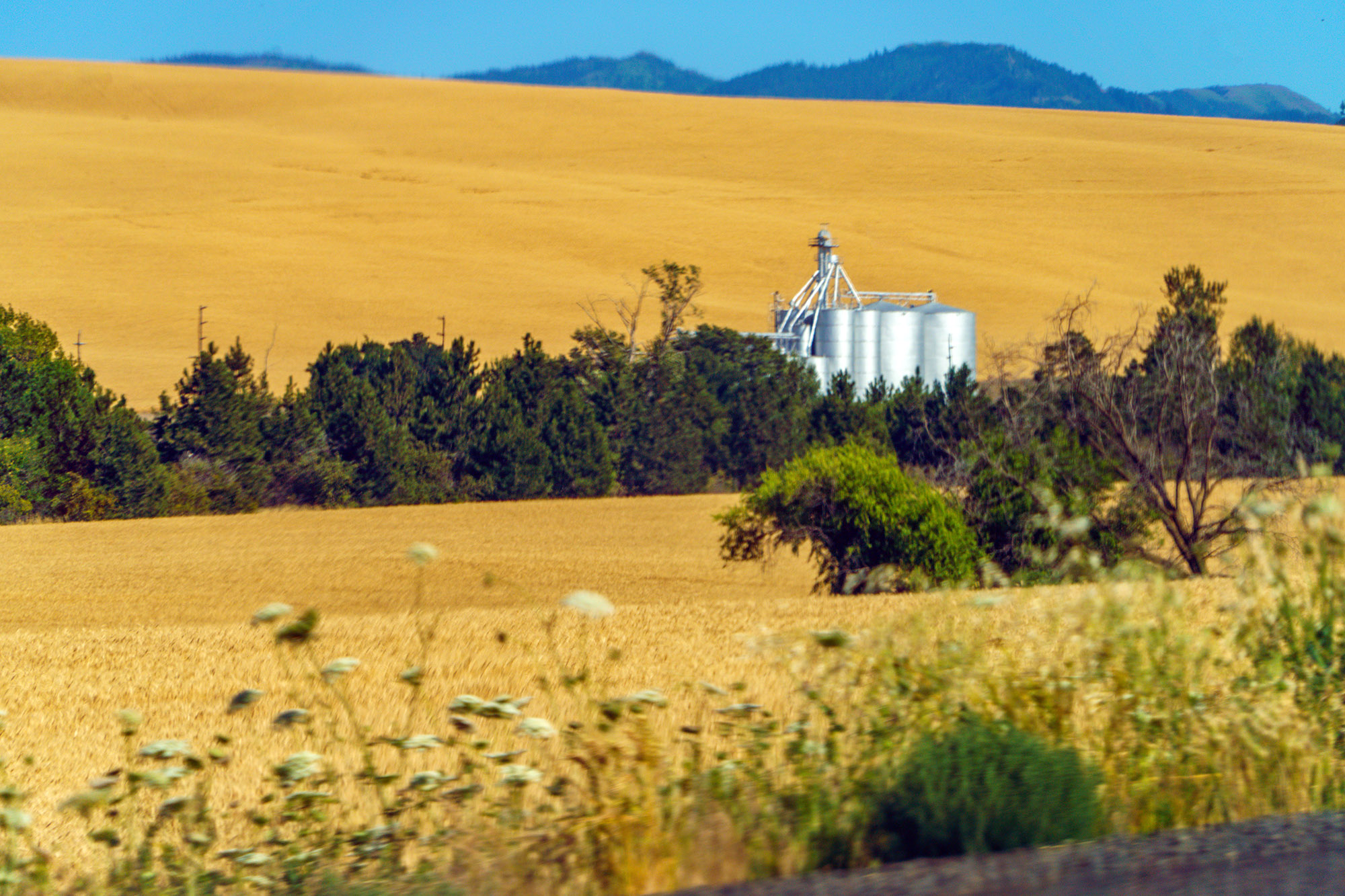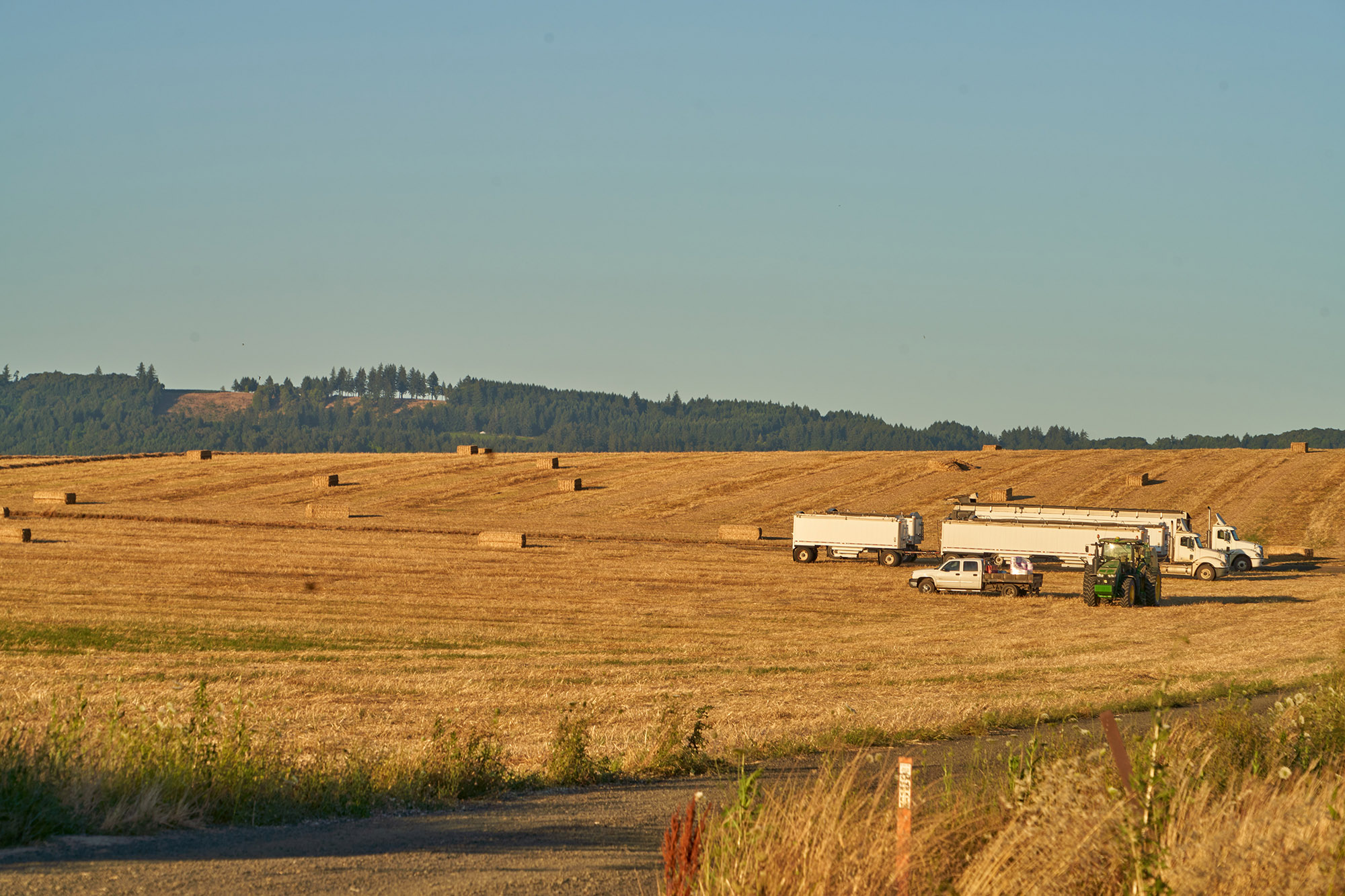23 years ago, the internet was quite different from the one we use today. Google didn’t exist yet, fewer than 20% of U.S. households had internet access, and those who did were using a dial-up connection.
It’s no wonder that people complained about slow speeds on every website we tested back then, because the internet and the computers used to access it were painfully slow.
What is surprising is that, despite today’s much faster network speeds and computer processors, people using the internet today are still plagued by the exact same frustration: slow websites.
The Internet Is Faster, but Websites Aren’t
The Internet Is Faster, but Websites Aren’t
You might be wondering whether people simply don’t notice how much faster today’s sites are because their expectations have increased over time. While it’s true that people’s estimates of wait times are sometimes exaggerated, in this case it’s not just a matter of distorted perceptions.
For the past 10 years, Httparchive.org has recorded page load times for 6 million popular websites. (Httparchive.org is a part of the InternetArchive.org, whom you may know as the folks behind the WayBack Machine). The results are not encouraging: for webpages visited from a desktop computer, the median load time hasn’t improved. Today’s websites aren’t that much faster than they were 10 years ago.













